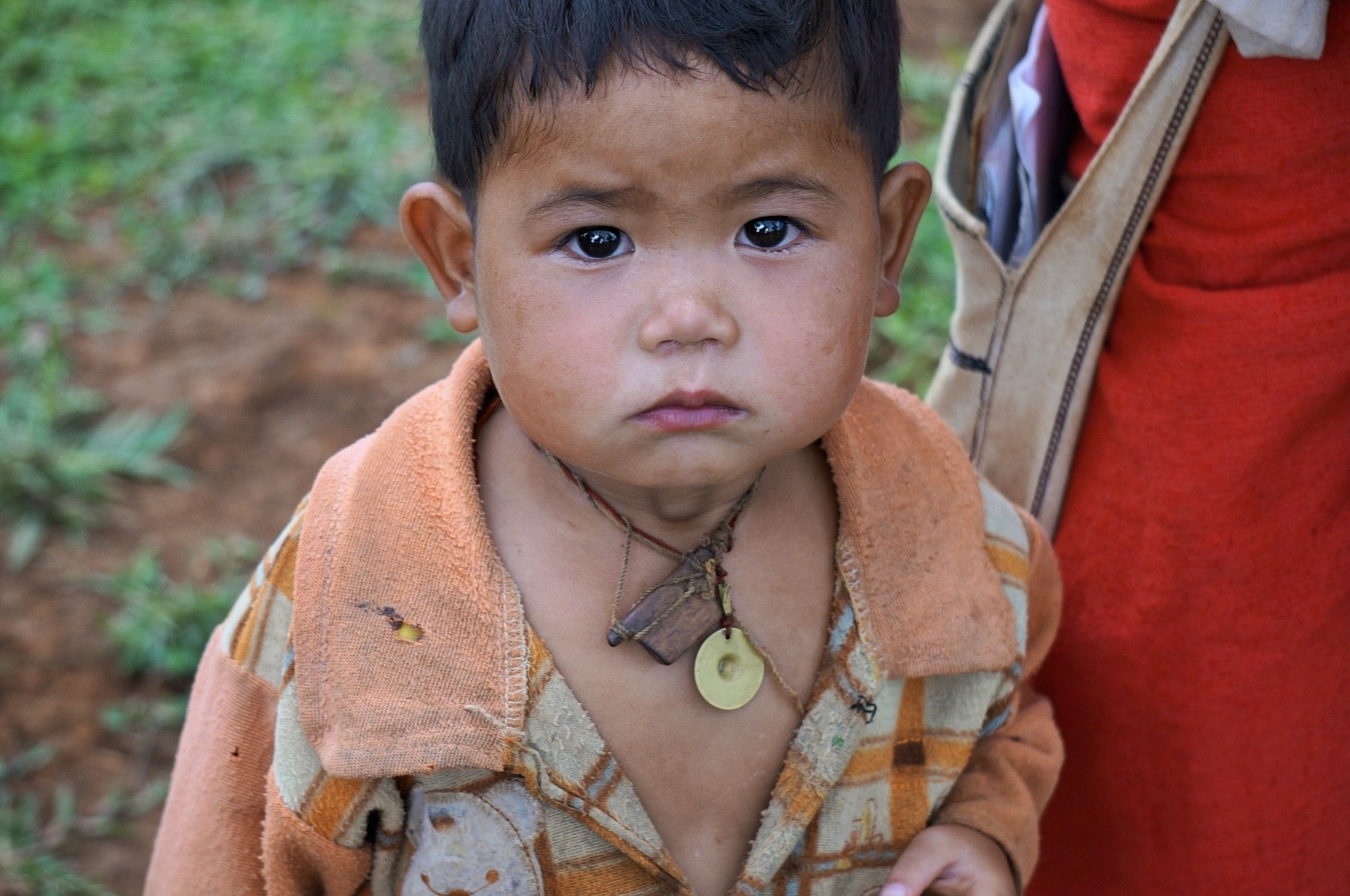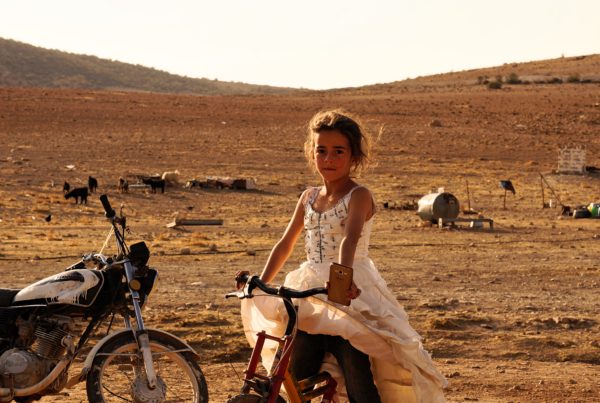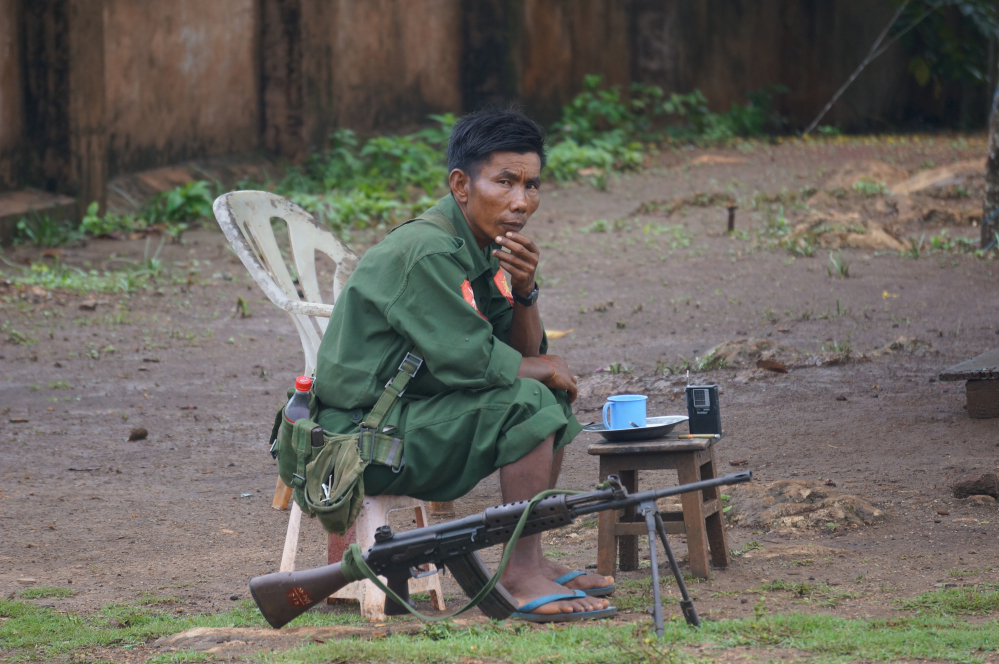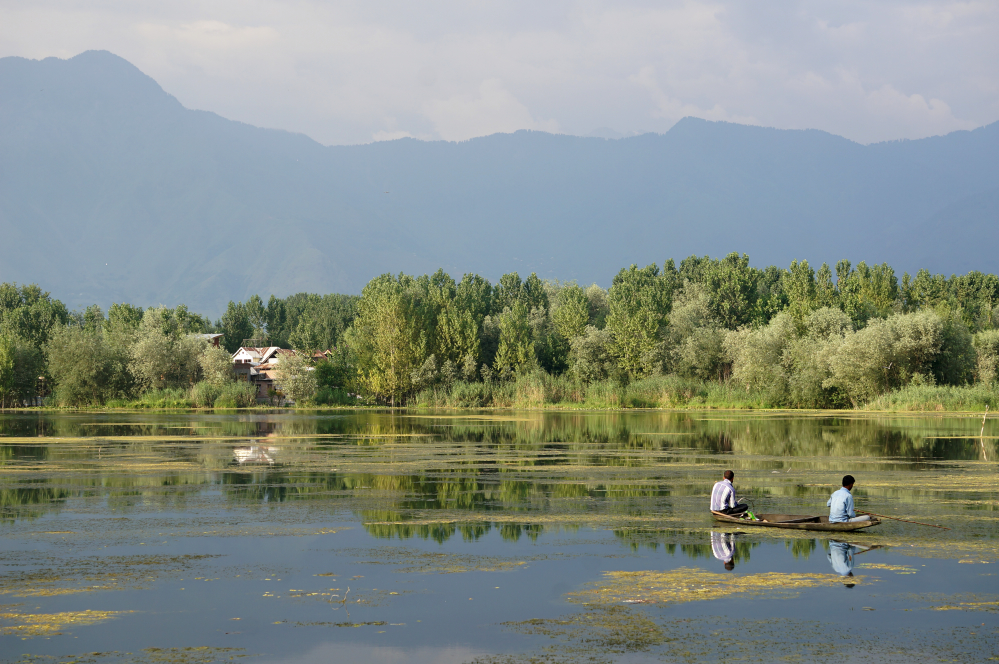Living in Australia, far away from conflict and persecution, it may seem easy to ignore the plight of the world’s displaced people or dismiss it as not our responsibility. So why should we care about refugees from Africa, Asia and the Middle East?
According to the most recent UNHCR statistics:
“There are 59.5 million people displaced globally as a result of conflict, violence, and human rights violations. Of these, 38.2 million were internally displaced persons (IDPs) while 19.5 million were refugees outside their country of nationality or country of habitual residence, and who were often in protracted displacement situations in the host country.”
During 2014, conflict and persecution forced an average of 42,500 persons per day to leave their homes and seek protection elsewhere, either within the borders of their countries or in other countries.
Of the 19.5 million refugees of concern to UNHCR around the world, fewer than 1% are submitted for resettlement annually. Developing countries host 86% of the world’s refugees and the current system of voluntary resettlement programs relies on the generosity of a few countries to act as heavy lifters. Those displaced people who can register with UNHCR resettlement programs are not guaranteed resettlement. If we were to calculate an orderly queue, the wait from the back of the line would be over 170 years long.
Many displaced people cannot access this system and are forced to actively seek asylum in other countries. The arrival of people to Australia by boats from distant countries such as Afghanistan is evidence of a system that is not coping with the excess demand. The thousands of Syrian refugees fleeing across Europe show us that if we do not provide protection to the world’s displaced people, they will come looking for it.
Australia currently spends over A$1 billion per year trying to deter people from coming to Australia by boat without offering viable alternatives for resettlement. To put that in perspective, the annual UNHCR budget to assist 59.5 million refugees is approximately A$10 billion. The UNHCR’s budget in 2015 for the South East Asia region is A$233.5 million.
In order to achieve this deterrence system Australia either returns boat arrivals to Indonesia, in the process breaking numerous international laws, or subjects those people who arrive to Australia by boat to indefinite detention in Pacific island prisons that are shrouded in secrecy. This is a secrecy that is protected by media bans and harsh laws that punish whistleblowers for speaking out against human rights violations. This type of treatment comes from a country formed by generations of boat migration. Immigrants, who have historically played significant roles in the nation, are being portrayed as a threat.
Australia’s current deterrence policy does little to solve any global issues of resettlement. On the contrary, it merely redirects channels of migration to other parts of the world, absolving Australia of responsibility for protecting refugees within our region, and placing more pressure on refugee transit countries such as Indonesia and Malaysia to cope with huge numbers of refugees and asylum seekers. Worryingly, countries facing similar migration issues, such as in Europe, are considering whether or not to adopt Australia’s policy.
The magnitude of this ‘crisis’, as it has been referred to, can be overwhelming and may often seem hopeless. Often there seem to be more arguments against assisting refugees than there are constructive solutions. There have always been refugees fleeing conflict and, unless we can somehow achieve world peace, there always will be. Predictions that climate change may cause a new era of refugees only demand more action. Failure of political will to act appropriately and generously towards refugees, to cooperate globally, will only plunge the world into a deeper crisis.
With the arrival of Syrian refugees in Europe, no longer can we stick our heads in the sand and ignore the issue. It is clear that the world needs to find better and more efficient systems to offer protection to those in need and to resolve conflicts domestically. As Raimond Gaita puts it, we must find the ‘balance between the rights of sovereign states and the human rights of those who seek refuge’.
As Australians, we need to find a cheaper system of deterring boat arrivals that does not sacrifice our moral integrity and offers alternative, viable avenues of resettlement in Australia. This is why the plight of the world’s displaced people is important. This is our challenge.



